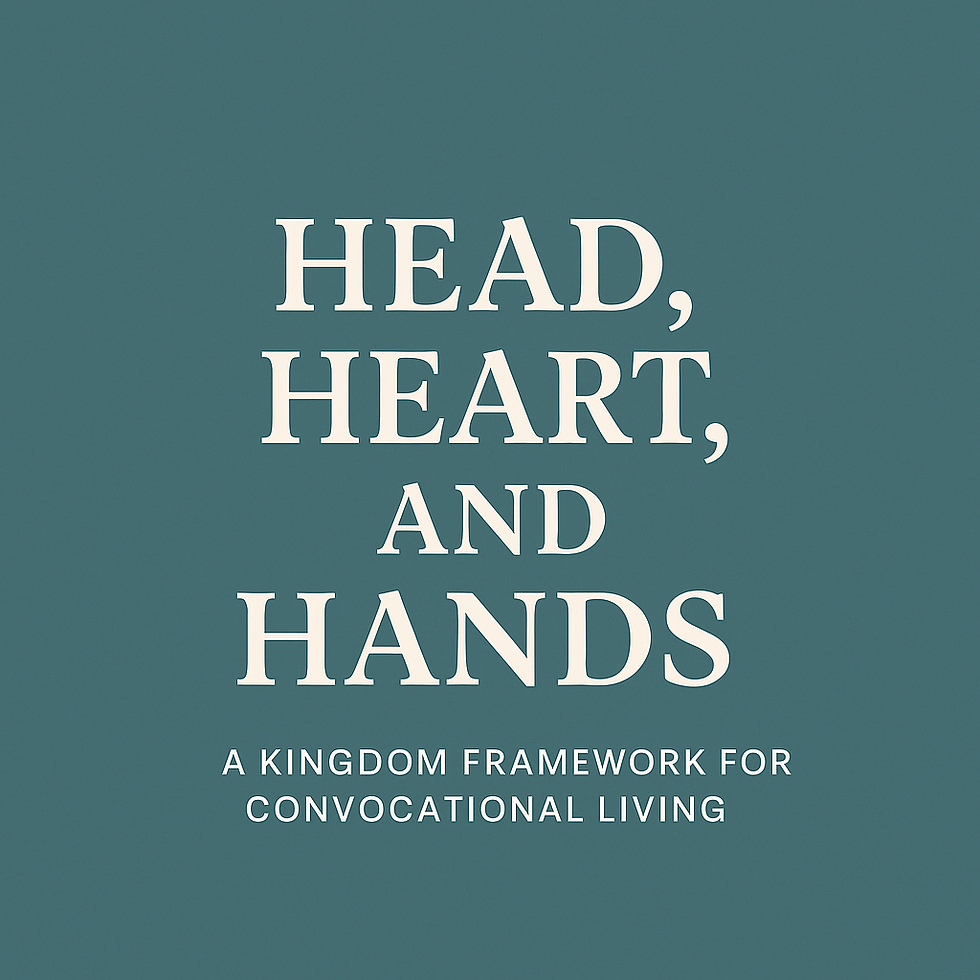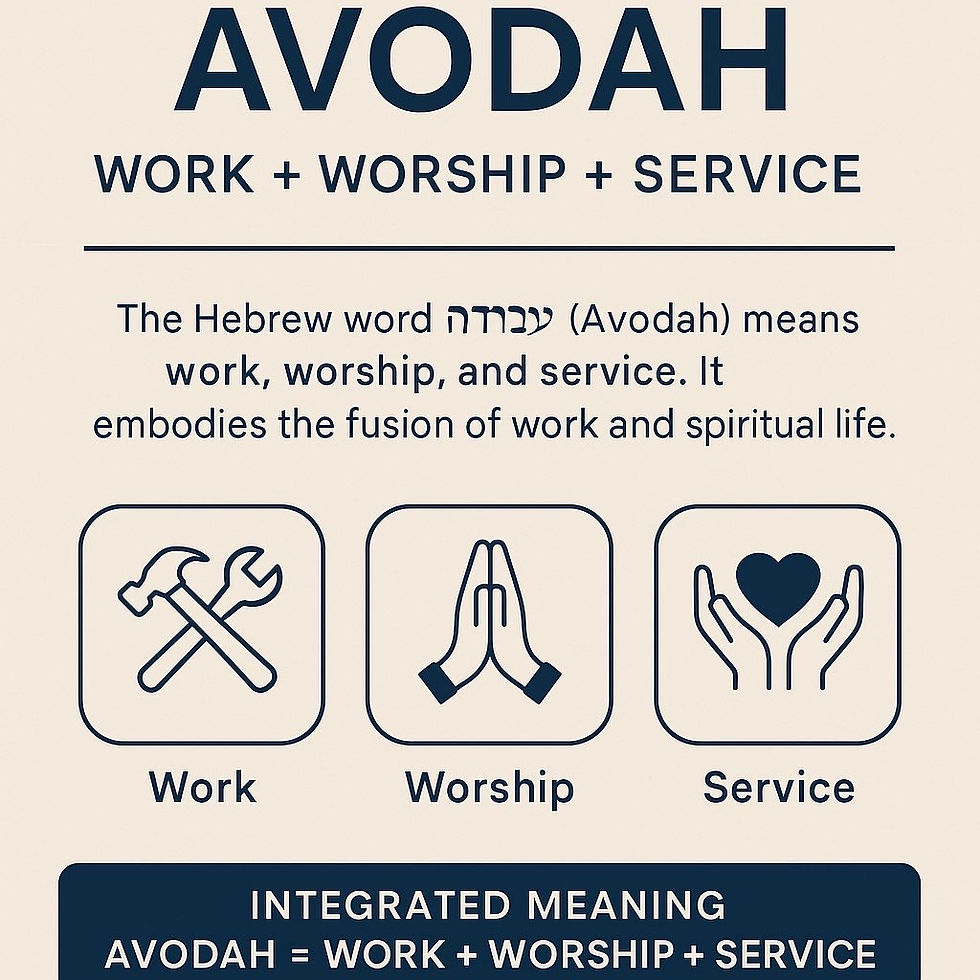Ruling Under the True King: A Vocational Call to Reflect the King of Kings
- Dave Miller

- Aug 8, 2025
- 3 min read
by Dave Miller

The phrase “King of Kings” rolls easily off our tongues in worship, but do we really understand its implications for our work, leadership, and calling?
When we declare that Jesus is the King of Kings, we’re not just stating a lofty theological truth—we’re also recognizing a vocational reality. There is a King. There is a kingdom. And there is work to be done under His reign.
But here’s the tension: If Jesus is the One True King, does that mean we sit back, passive and deferential, waiting for His direct commands? Or does it mean we are called—no, commissioned—to take our place as leaders, rulers, and creators who represent His character and carry out His will in the world with both wisdom and Holy Spirit direction?
The answer is not abdication. It’s representation.
You May Not Be THE King, But You Are A king
Too often in Christian leadership circles, we overcorrect for pride by neutering initiative. We spiritualize passivity and confuse humility with inaction. But that’s not the model Scripture gives us.
In Genesis, humanity is created to rule and subdue the earth (Gen 1:26–28)—not as tyrants, but as image-bearers of the Sovereign Creator. Adam was a gardener-king, tasked with cultivating beauty, stewarding life, and expanding the borders of Eden through creative and faithful labor.
This mandate didn’t evaporate at the fall. It was fractured, yes—but ultimately fulfilled and restored in Jesus, the Second Adam, who now calls us into a new creation vocation: to rule with Him, under Him, and like Him.
That’s what Paul meant when he said,“If we endure, we will also reign with Him” (2 Tim. 2:12).
And that’s the vision of Revelation: a redeemed people made into “a kingdom of priests to our God, and they shall reign on the earth” (Rev. 5:10).
Vocational Royalty: Creating, Leading, and Building Under Authority
To say “Jesus is King” is not to minimize our role—it’s to clarify it.
It’s to acknowledge that any authority we wield is derived, not invented. But it also means we’re not called to operate as passive servants waiting for instructions—we are called to be faithful stewards, entrusted with real decisions, delegated power, and meaningful responsibility.
You are not a placeholder. You are not a cog. You are not a side character in your vocation.
You are meant to own what needs to be built.
To lead what needs direction.
To build up what is good.
To tear down what is evil.
To create what reflects beauty and truth.
To rule, as one who will give account—not to shareholders or gatekeepers, but to the King of Kings.
And the King wants to entrust authority to those who reflect His heart.
What Kind of Kings Reflect the True King?
Not every king represents the Kingdom. Scripture makes that painfully clear.
Think Pharoah and Saul, and Jereboam and Nebechednezzer…
Some rule for their own name. Some build Babylons. Some exploit, conquer, or hoard. But the kings that God honors are the ones who build up what God loves and tear down what He hates.
David wasn’t perfect—but he was entrusted with an eternal covenant because he ruled with a heart after God. He knew he was a servant first, king second. His leadership brought peace and prosperity to God’s people because he understood his authority as a stewardship and responsibility, not a spotlight for personal platforms.
And Jesus—our model, not just our Messiah—led by laying down His life. His crown was won through a cross. His reign is marked by humility, justice, truth, and abundant Life. He now invites us to lead like Him.
A Call to Vocational Kingship
Wherever you’ve been placed—business, family, church, government, education—you are not there by accident. You’ve been assigned territory. The question is not whether you rule, but how you rule.
Will you abdicate your post and call it humility?
Will you dominate others and call it leadership?
Or will you step into your vocational authority with the humble boldness of a son or daughter of the Sovereign Father?
This is the radical middle: Jesus is the one true King, and yet He has entrusted us with real authority—not to glorify ourselves, but to represent Him well in the real world. His rule brings heaven to earth.
So stand up.
Take responsibility.
Rule with righteousness.
Build what matters.
And never forget:
You may not be The King—but if you belong to Him, you’re called to reign.




Comments